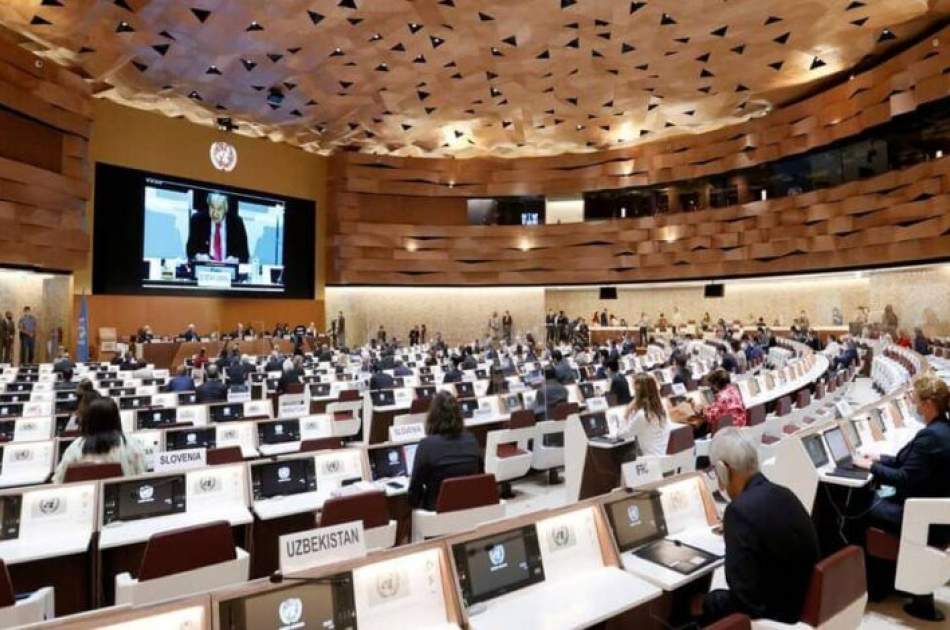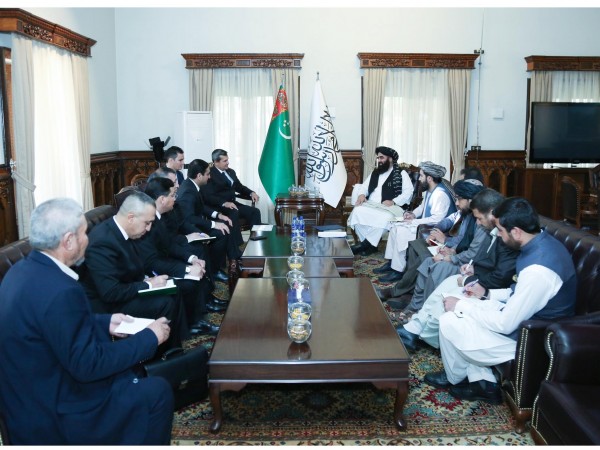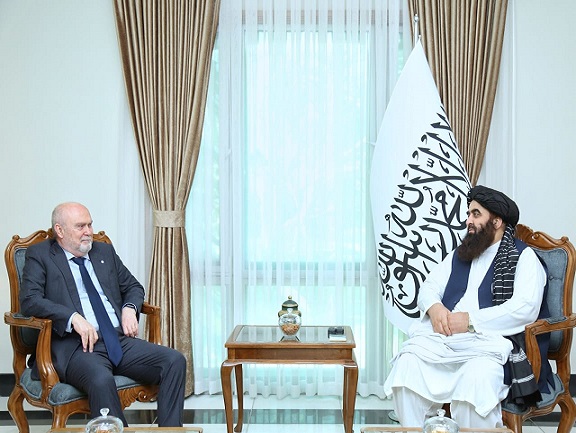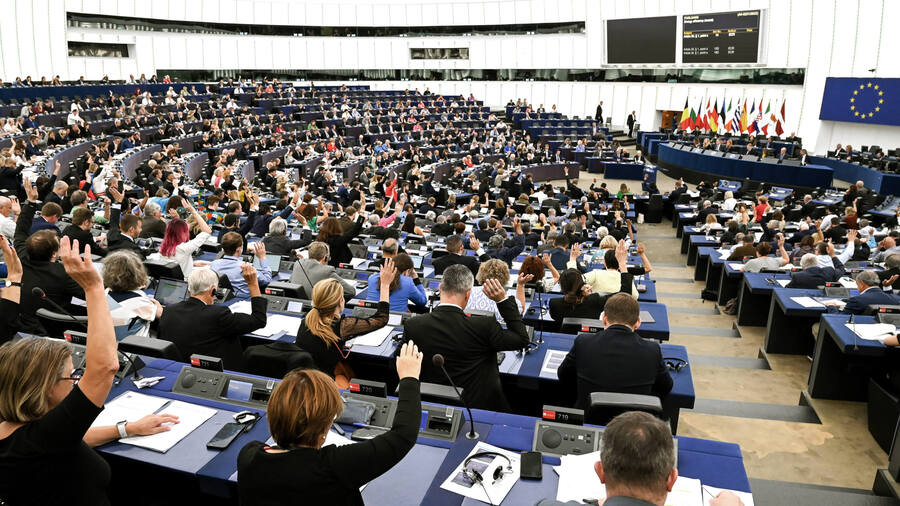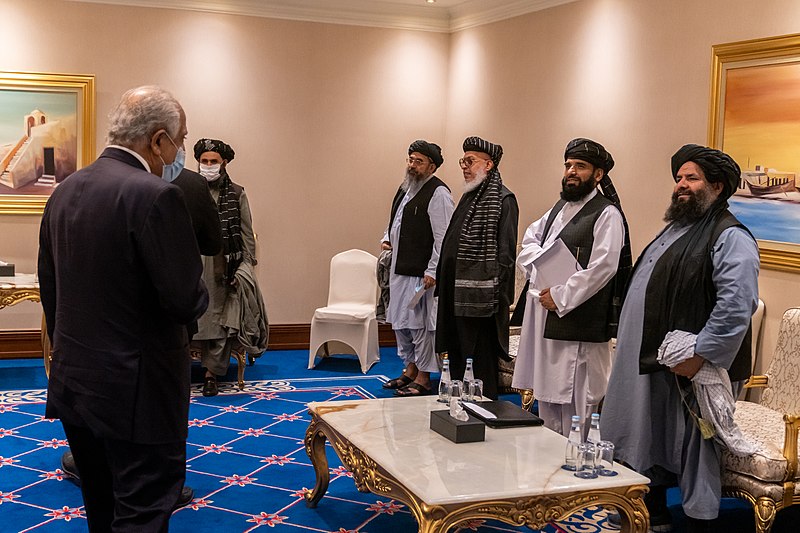After much anticipation, just hours before the Doha Conference on Afghanistan, the Taliban’s Foreign Ministry announced their decision not to participate, labeling the event as “useless”. This stance comes after weeks of discussions between the Taliban and regional and global powers, culminating in high-level consultations within the group’s leadership.

The eleventh-hour announcement of non-participation underscores the difficulty the Taliban leadership faced in reaching this decision. Reports suggest the Taliban had set forth conditions for their involvement, including the exclusion appoinment of a special envoy for Afghanistan, arranging a meeting between their foreign minister and the UN Secretary-General, and barring any other Afghan representatives. These conditions were rejected by the United Nations, the conference host.
Nevertheless, the conference proceeded today (February 18) with the participation of representatives from nearly 20 countries, albeit without Taliban representation. Six individuals representing Afghan women and civil society were also invited.
The critical question arises: Why did the Taliban abstain from attending this conference?
The primary condition laid out by the Taliban, following the issuance of UN Security Council Resolution 2721, was the non-appointment of a special representative for Afghanistan. They understand well that such an appointment would signify the initial steps towards engaging in a political process aimed at power-sharing, an outcome they have consistently opposed.
Yet, can the Taliban’s insistence on monopolizing power be sustained? It appears unlikely. They must realize that their previous approach of seeking power through force, rather than negotiating with representatives of the former Afghan government, is no longer tenable. With the withdrawal of NATO forces after two decades of war, the western allies no longer face the military pressure in the field, while the global strategic landscape has evolved.
Furthermore, the Taliban now bear the responsibility of governing Afghanistan’s nearly 40 million people, necessitating interaction with the international community. Simultaneously, various groups opposed to the Taliban, including exiled jihadi leaders and technocrats based in the West, are actively engaging in discussions and media campaigns, highlighting the Taliban’s inflexibility and advocating for alternative approaches.
One potential course of action to mitigate the political fallout would have been to send a lower-level delegation to the conference, yet this did not materialize.
With the conclusion of the first day of the Doha conference, public sentiment in Afghanistan is more charged than ever. The recent statement from the Taliban’s foreign ministry, attempting to justify their absence, lacks credibility among the Afghan populace.
By opting out of this conference, the Taliban have effectively validated the accusations leveled against them, signaling a disregard for global concerns and the international community’s role in Afghanistan’s future.”

